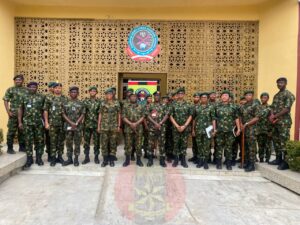Priceless gift of sight initiative— 15 years of impact
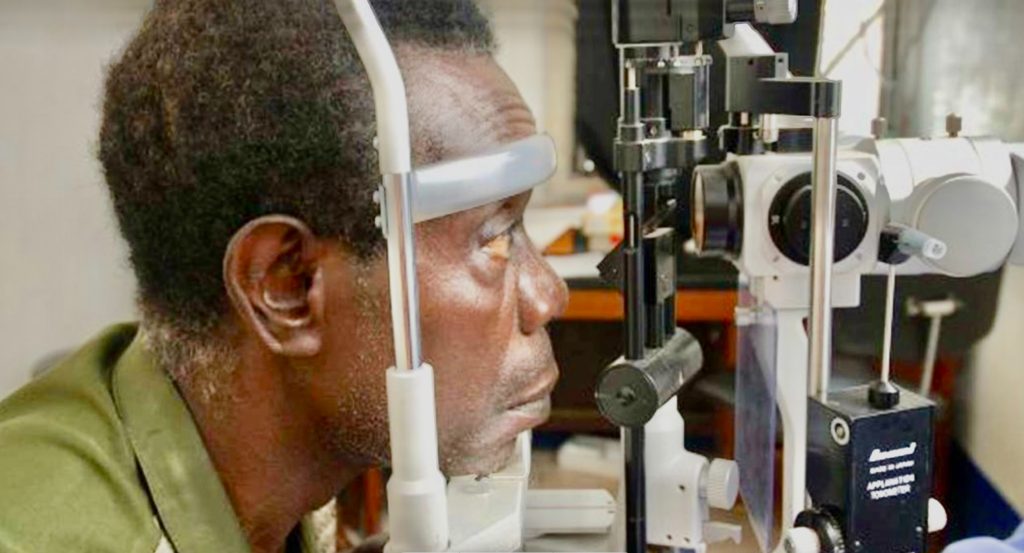
According to the World Health Organization (WHO), over 2.2 billion people worldwide suffer from vision impairment, with at least 1 billion cases being preventable or unaddressed. Refractive errors and cataracts are the leading causes, yet only a fraction of those affected receive proper treatment. The global economic cost of productivity loss due to vision impairment is estimated at $411 billion annually.
In Sub-Saharan Africa, a 2020 report by the International Agency for the Prevention of Blindness (IAPB) revealed that 110 million people experience vision loss, with 5.1 million classified as blind and women disproportionately affected. According to a report by the Investigative Ophthalmology & Visual Science (IOVS), Nigeria faces a higher-than-average burden, with 4.25 million Nigerians aged 40 and above visually impaired, and a blindness prevalence of 6.1%. Cataracts alone cause 45.3% of impairment and 43% of blindness, signalling the urgent need for accessible eye care and intervention to address this growing crisis.
In 2009 a financial group in Nigeria, recognised this and pioneered the Priceless Gift of Sight program, as part of the bank’s corporate social responsibility (CSR) initiative.
Since then, the “Priceless Gift of Sight” initiative has made a significant and measurable impact on individuals, families, and communities across Nigeria.
Since its launch 15 years ago, the ‘Priceless Gift of Sight’ initiative has made significant impacts, with notable achievements highlighted below:
1. Over 150,000 Nigerian beneficiaries: The initiative has provided free cataract surgeries and eye care services, directly restoring the sight of over 150,000 individuals. This has allowed many to regain their independence and improve their quality of life. The transformative impact of this program has been confirmed by sources in various states, including Kebbi, Cross River, and Imo. One notable example is Fatima Abdullahi, one of the beneficiaries, who echoed her gratitude, stating: “My sight and my life have been restored. Everything about my treatment was free. I can’t find the right words to express my happiness. May Allah bless FCMB for helping me return to normal life.”
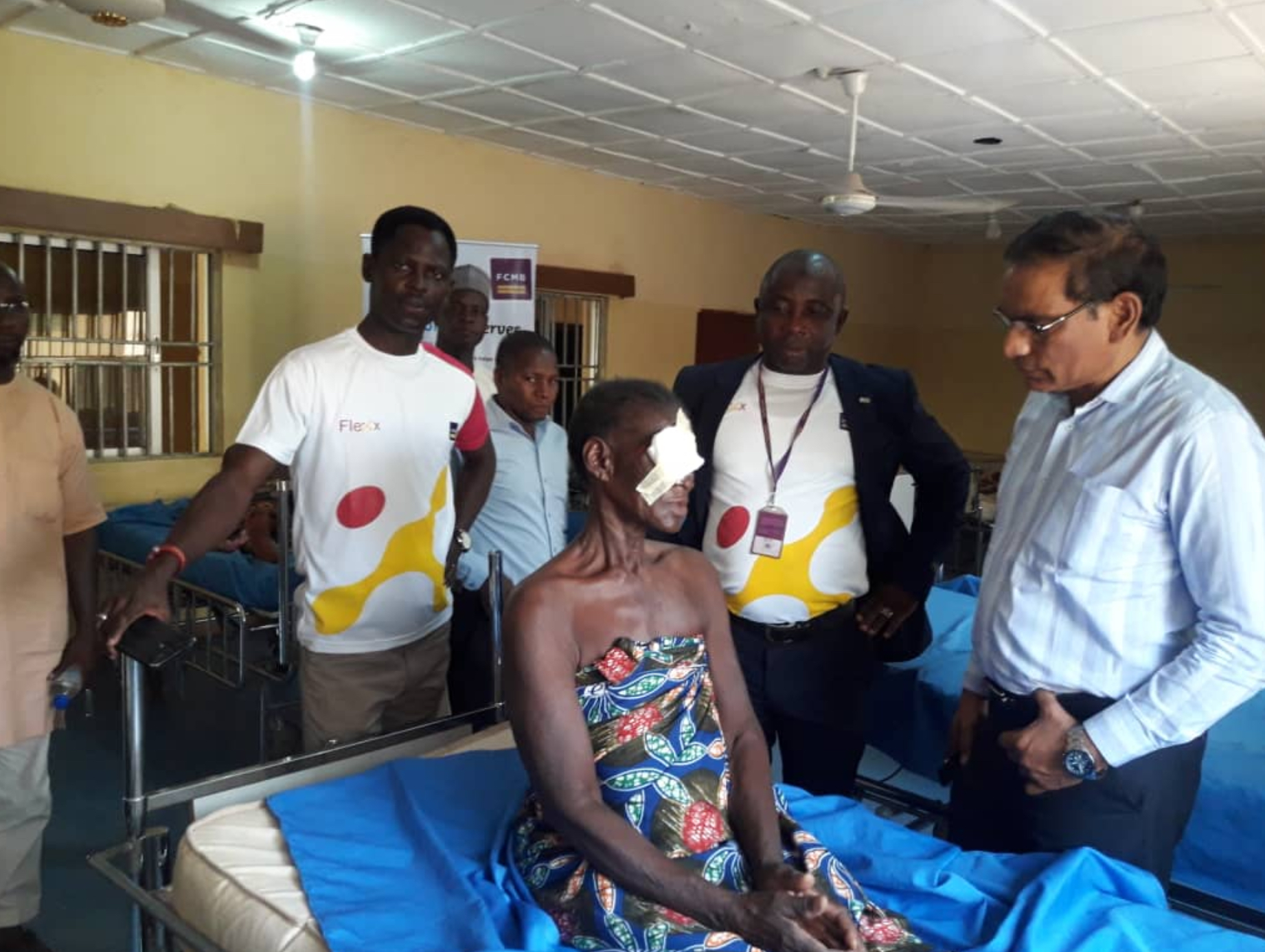
2. Increased Economic Productivity: A report by Unite for Sight shows how blindness worsens poverty due to loss of income, social isolation, and limited mobility. By enabling visually impaired individuals to return to work, the program has contributed to economic stability for thousands of families, particularly in rural areas where agriculture is the backbone of livelihoods. Muhammad Maganda is a farmer who regained his sight and resumed farming after surgery. His remarkable story showcases the ripple effect of restored vision: increased productivity, revitalized livelihoods, and a brighter future for his family and community.
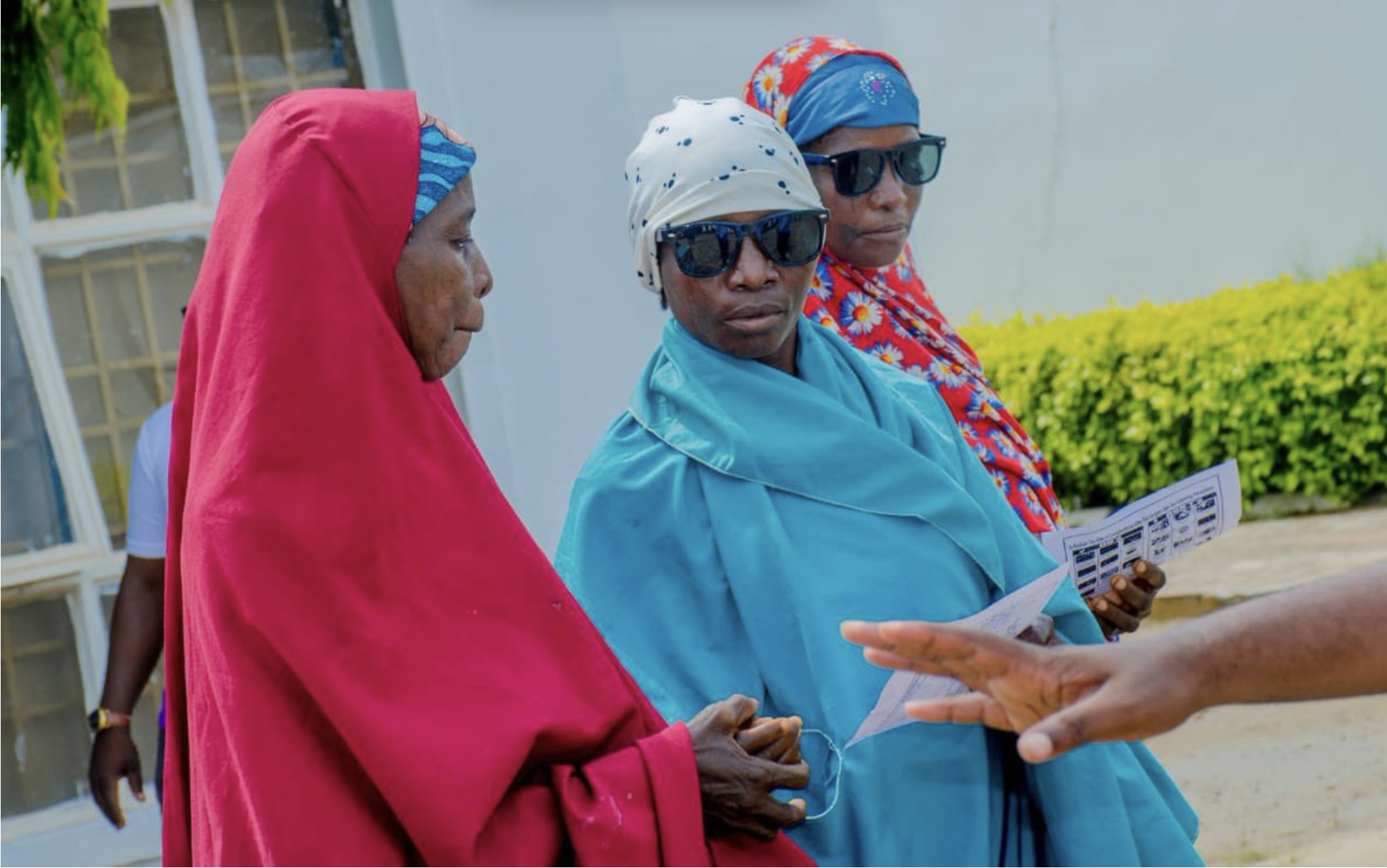
3. Reduced Caregiver Burden: The program has eased the strain on families who previously had to care for visually impaired members, allowing caregivers to pursue their own work and personal goals. This improvement has allowed many beneficiaries to regain their independence and no longer rely heavily on family members for daily activities. A case in point is that of Malam Labaran Danjo, a farmer from Kebbi State, who, after struggling with poor eyesight for 13 years, was able to resume work and care for his family post-surgery.
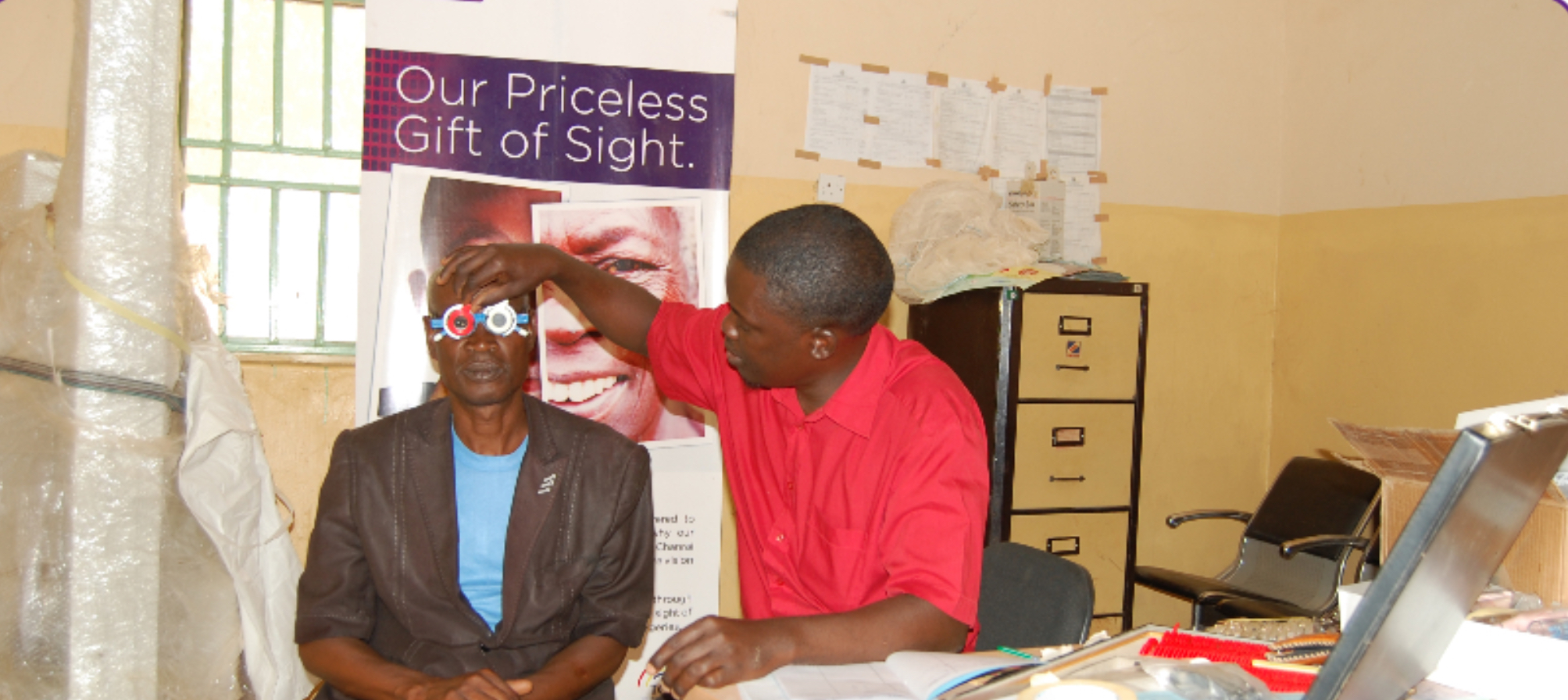
4. Community Empowerment: FCMB’s outreach and education efforts have raised awareness about preventable blindness, encouraging early detection and treatment of visual impairment. This has fostered a culture of proactive healthcare within communities. Screening camps, held in remote areas, ensure that vulnerable populations receive necessary medical care. Over time, this has helped communities prioritize their health, contributing to a broader impact on national healthcare.
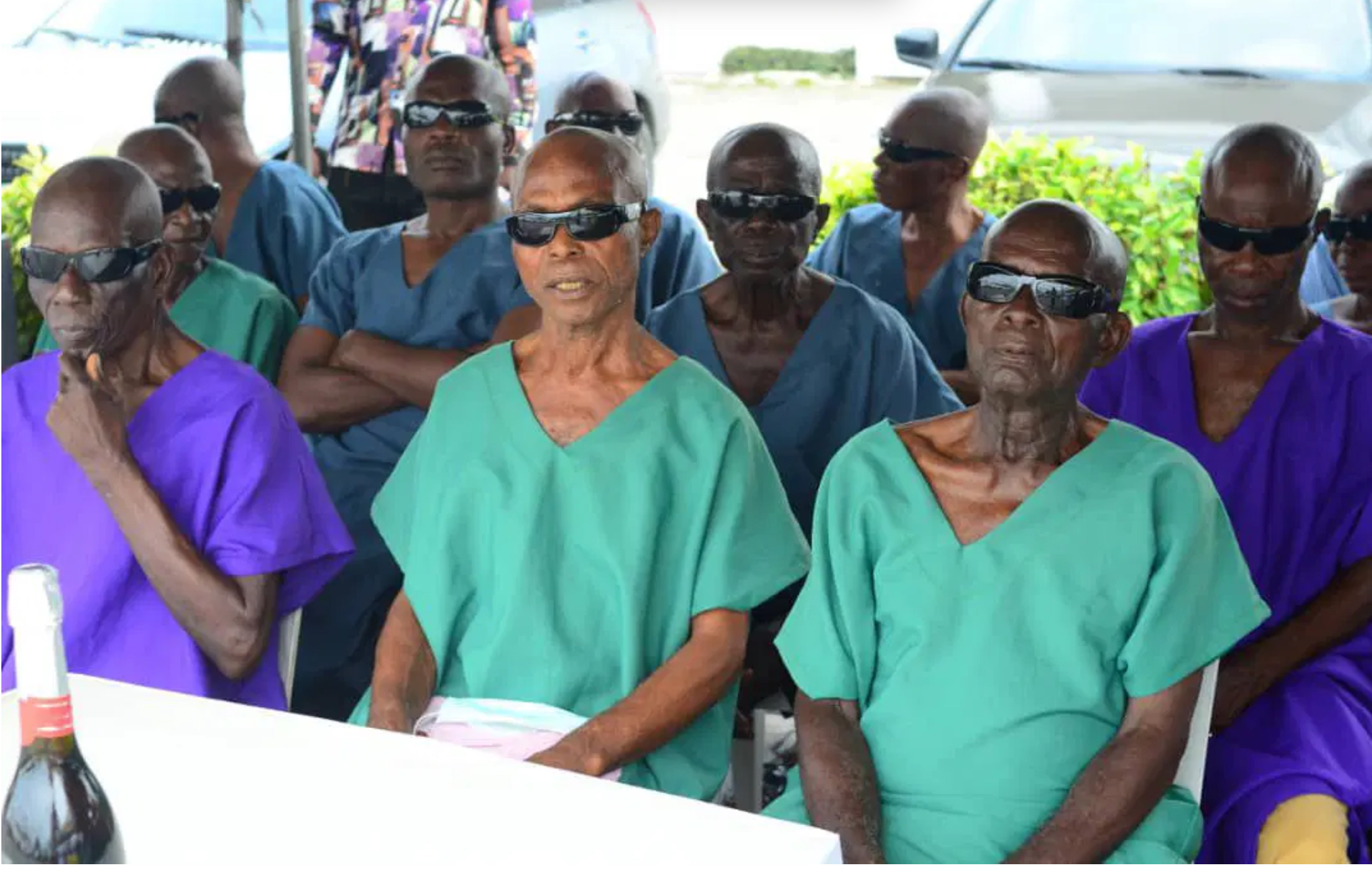
5. Boosting Healthcare Access: In underserved regions with limited access to medical care, the initiative has brought essential healthcare services to the doorsteps of vulnerable populations, making life-saving procedures accessible to those who need them most. The initiative has also created job opportunities for healthcare workers, including nurses and technicians, in areas where the program is active. By providing employment and training in cataract surgery and eye care, the program not only enhances healthcare access but also strengthens local healthcare systems in underserved communities.
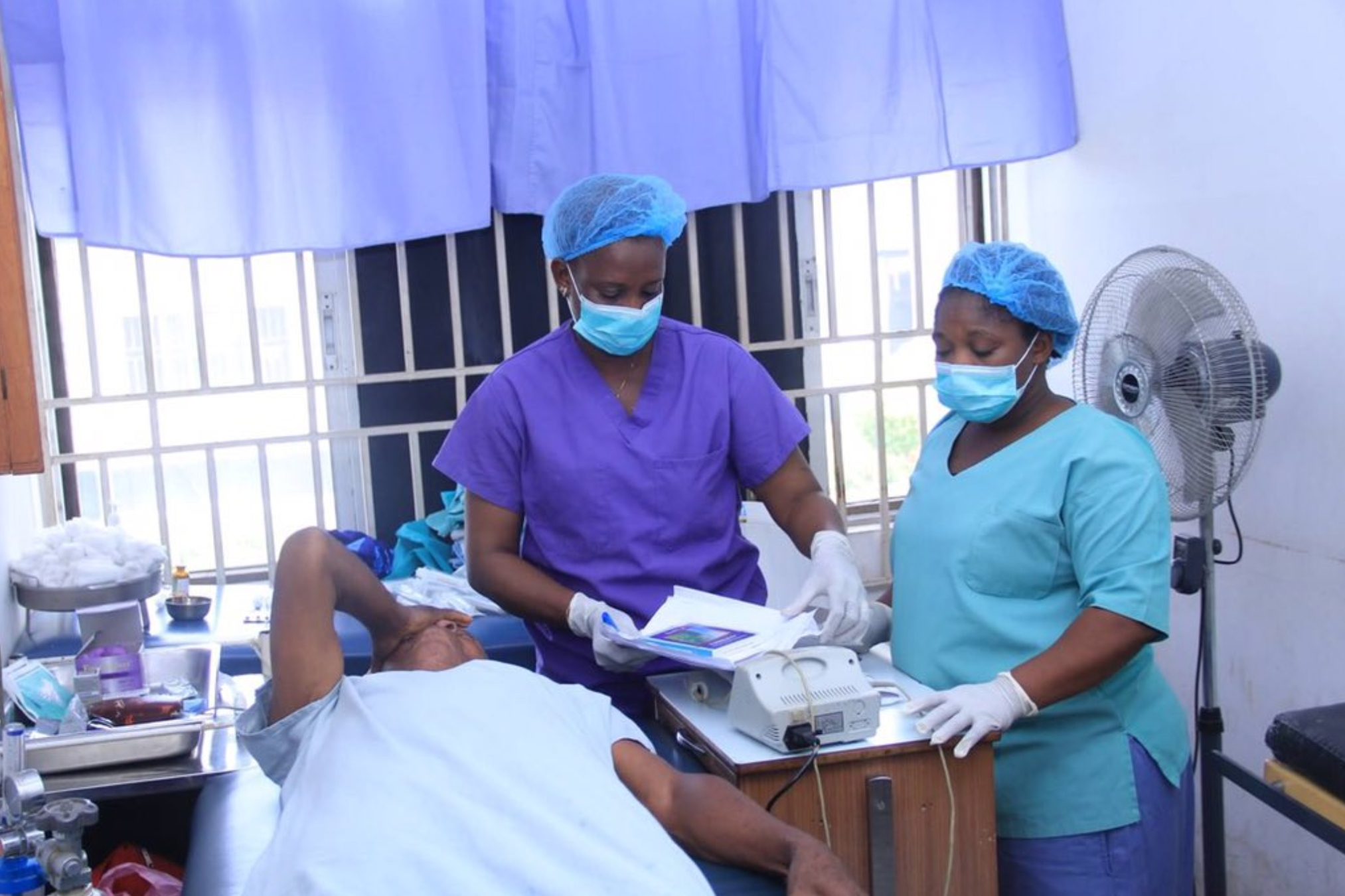
The success of the ‘Priceless Gift of Sight’ initiative can be attributed to its community-focused approach. FCMB and its partners work closely with local leaders, healthcare workers, and volunteers to ensure that the most vulnerable members of society are reached. Screening camps are held in remote areas, where individuals receive eye tests and diagnosis on-site, and those in need of surgery are transported to partner hospitals for free cataract operations.
Dr. Babatunde Ogunbanjo, a volunteer ophthalmologist with the initiative, has seen firsthand the impact of the program. “This initiative is addressing a major public health issue,” he said. “For many of these patients, cataract surgery is a simple, life-changing procedure that can lift them out of darkness and restore their lives.”
The Priceless Gift of Sight initiative is not just transforming individual lives—it’s reshaping the very fabric of Nigeria’s well-being. In a country where quality healthcare remains out of reach for many, FCMB’s intervention is a lifeline, giving thousands the ability to see again.
By restoring vision, the initiative is doing more than healing eyes; it’s restoring independence, reigniting productivity, and renewing a sense of dignity for countless Nigerians. This is a ripple effect that extends beyond individuals.
By Florence Akanbi



